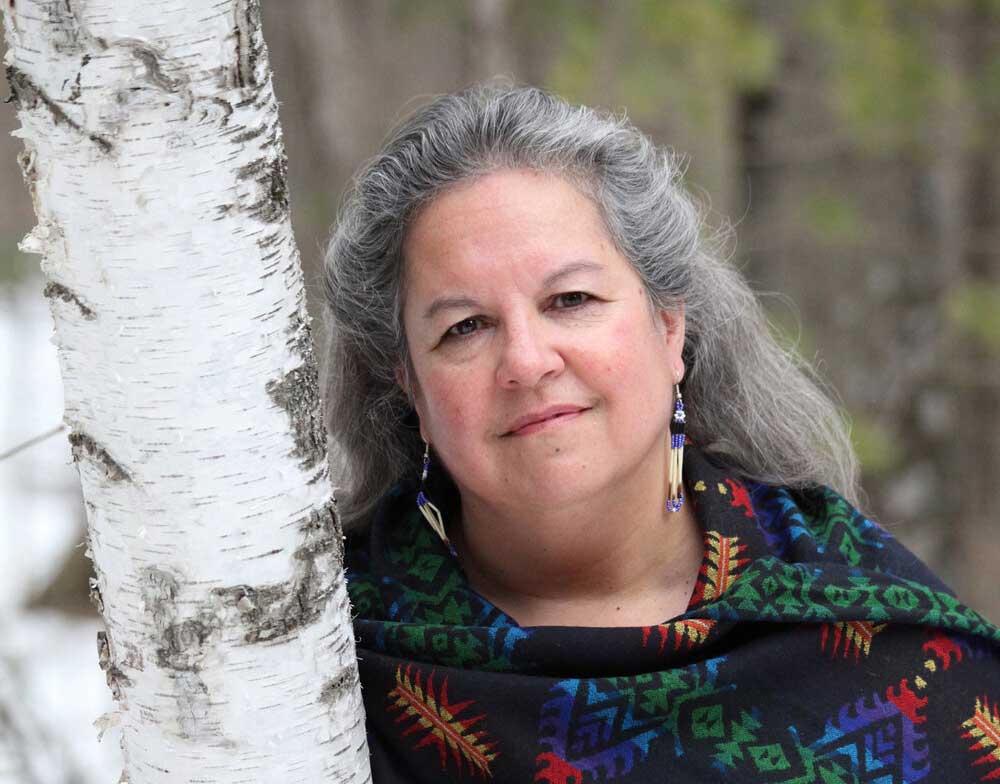'We the People': Expanding the Circle of Citizenship for Public Lands
| Location: | |
| Ticket Info: | Free |
| Sponsor(s): |
Denison University’s Laura C. Harris Series welcomes Robin Wall Kimmerer presenting “We the People”: Expanding the Circle of Citizenship for Public Lands.
Kimmerer is a mother, scientist, decorated professor, 2022 MacArthur Fellow, and enrolled member of the Citizen Potawatomi Nation. She is the author of “Braiding Sweetgrass: Indigenous Wisdom, Scientific Knowledge, and the Teachings of Plants” (2015), which has earned Kimmerer wide acclaim. Her first book, “Gathering Moss: A Natural and Cultural History of Mosses” (2003), was awarded the John Burroughs Medal for outstanding nature writing and her other work has appeared in Orion, Whole Terrain, and numerous scientific journals. She tours widely and has been featured on NPR’s On Being with Krista Tippett and in 2015 addressed the general assembly of the United Nations on the topic of “Healing Our Relationship with Nature.” Kimmerer lives in Syracuse, New York, where she is a SUNY Distinguished Teaching Professor of Environmental Biology, and the founder and director of the Center for Native Peoples and the Environment, whose mission is to create programs which draw on the wisdom of both indigenous and scientific knowledge for our shared goals of sustainability.
As a writer and a scientist, her interests in restoration include not only restoration of ecological communities, but restoration of our relationships to land. She holds a Bachelor of Science in Botany from SUNY ESF, a Master of Science and Doctor of Philosophy in Botany from the University of Wisconsin-Madison and is the author of numerous scientific papers on plant ecology, bryophyte ecology, traditional knowledge, and restoration ecology.
In her talk, Kimmerer will critique the notions of “We the People” through the lens of the indigenous worldview, by highlighting an indigenous view of what land means, beyond property rights to land, toward responsibility for land. The talk raises the question of whose voices are heard in decision making about land stewardship, and how indigenous voices are often marginalized. It raises questions of what justice for land and indigenous people look like and calls upon listeners to contribute to that work of creating justice. She will also address indigenous philosophy and practices which contribute to sustainability and conservation.
More Upcoming Events
No similar events available at this time.
